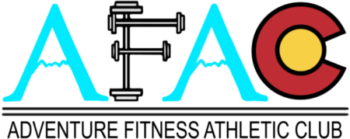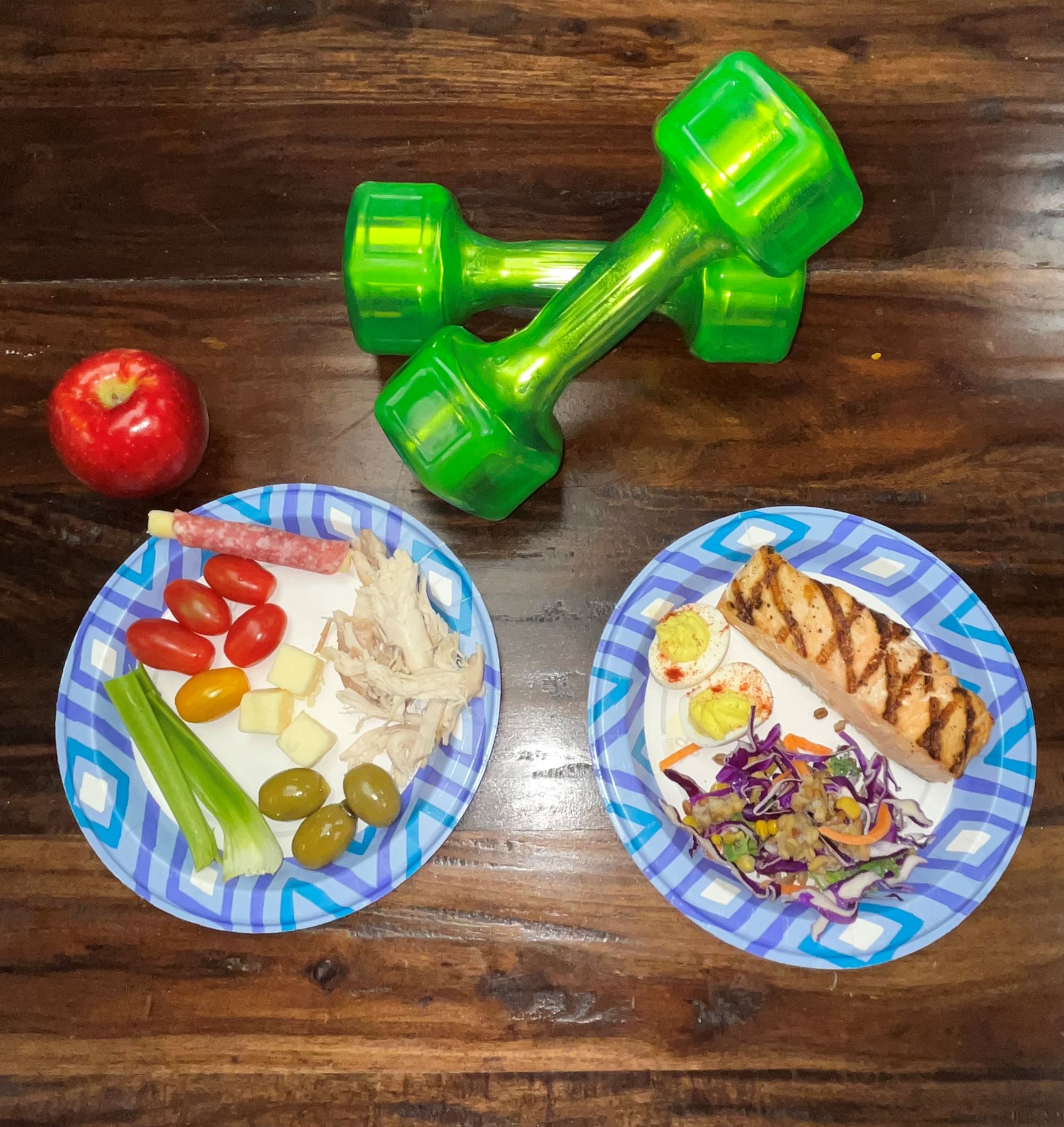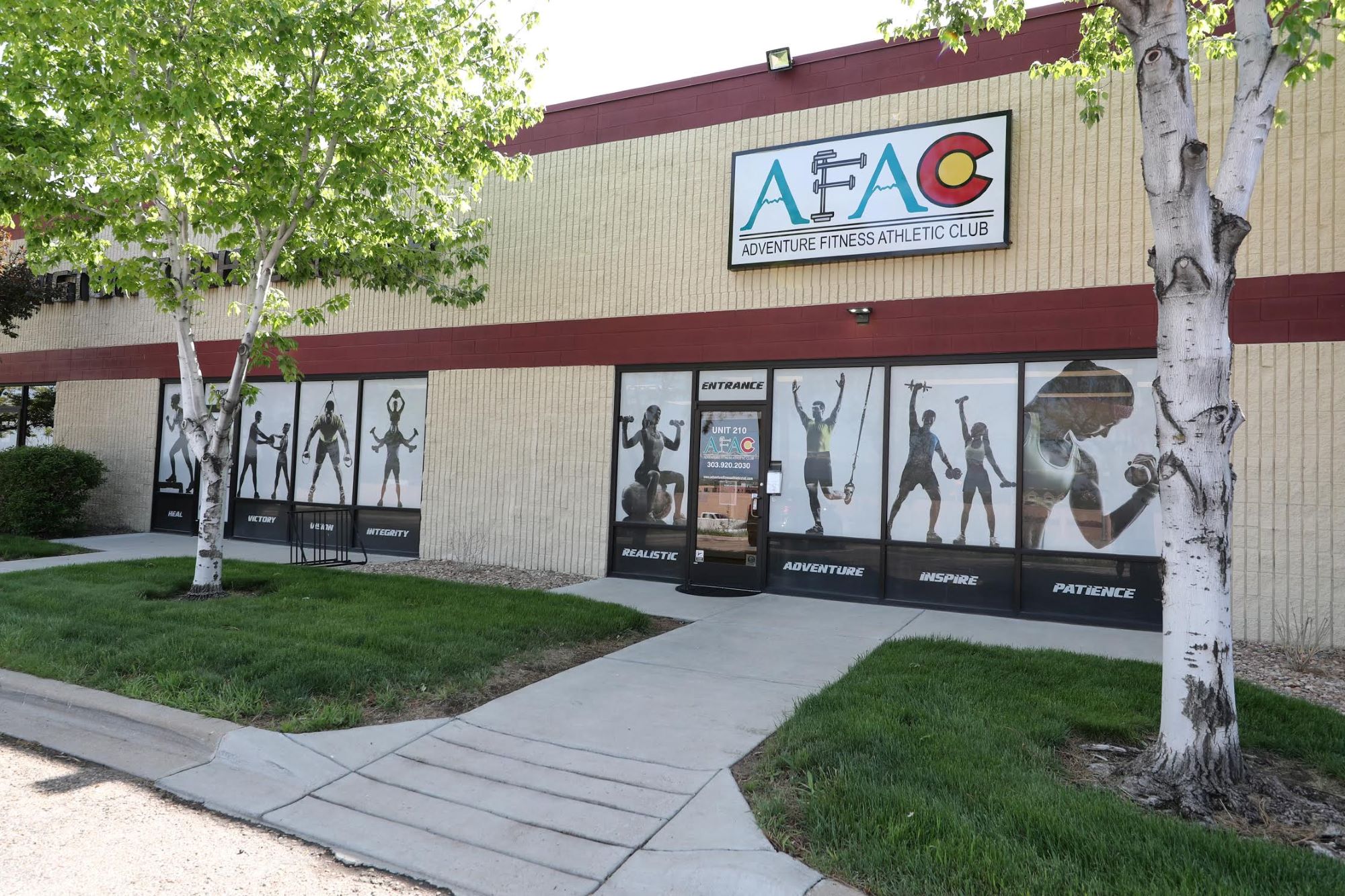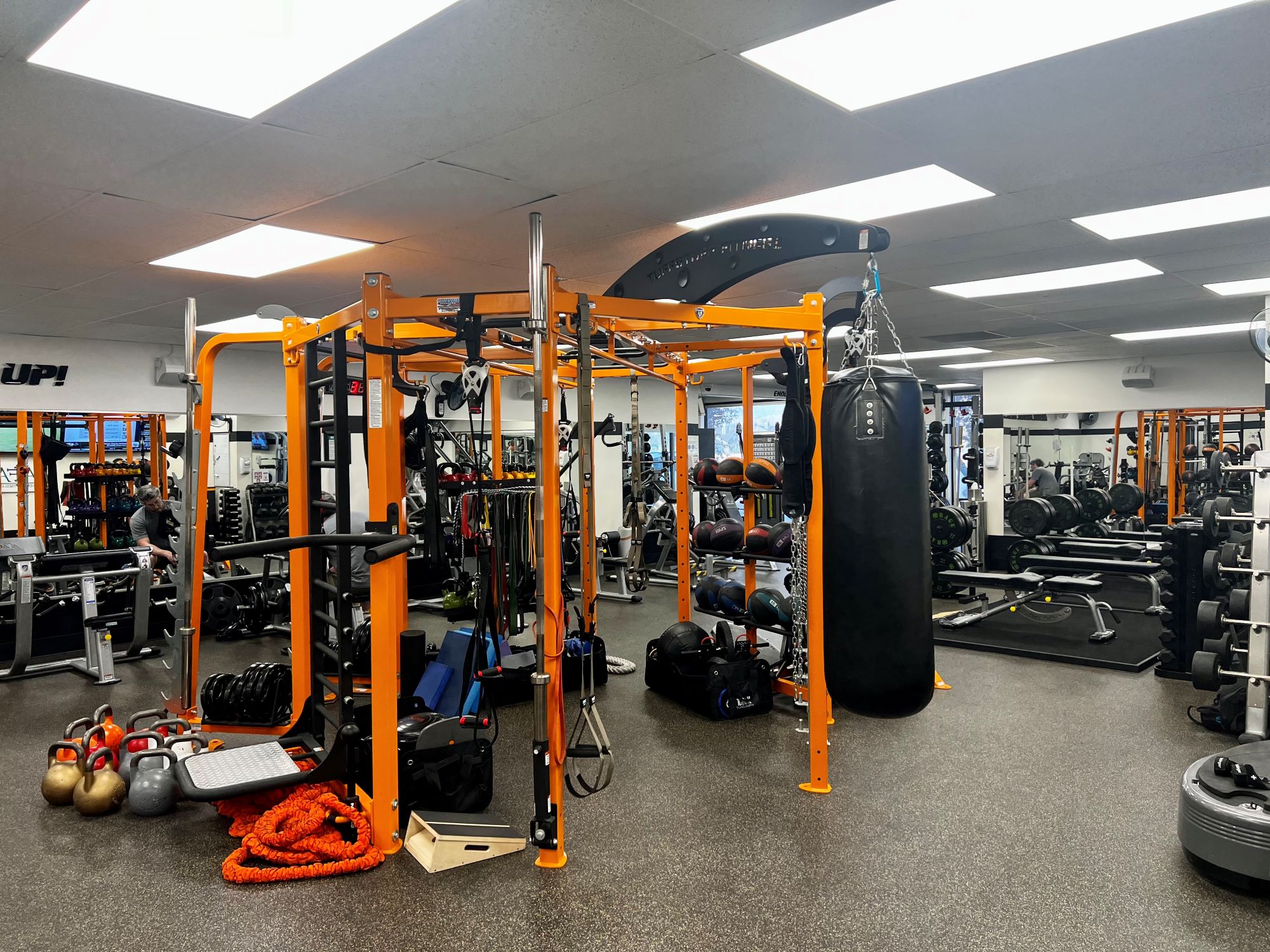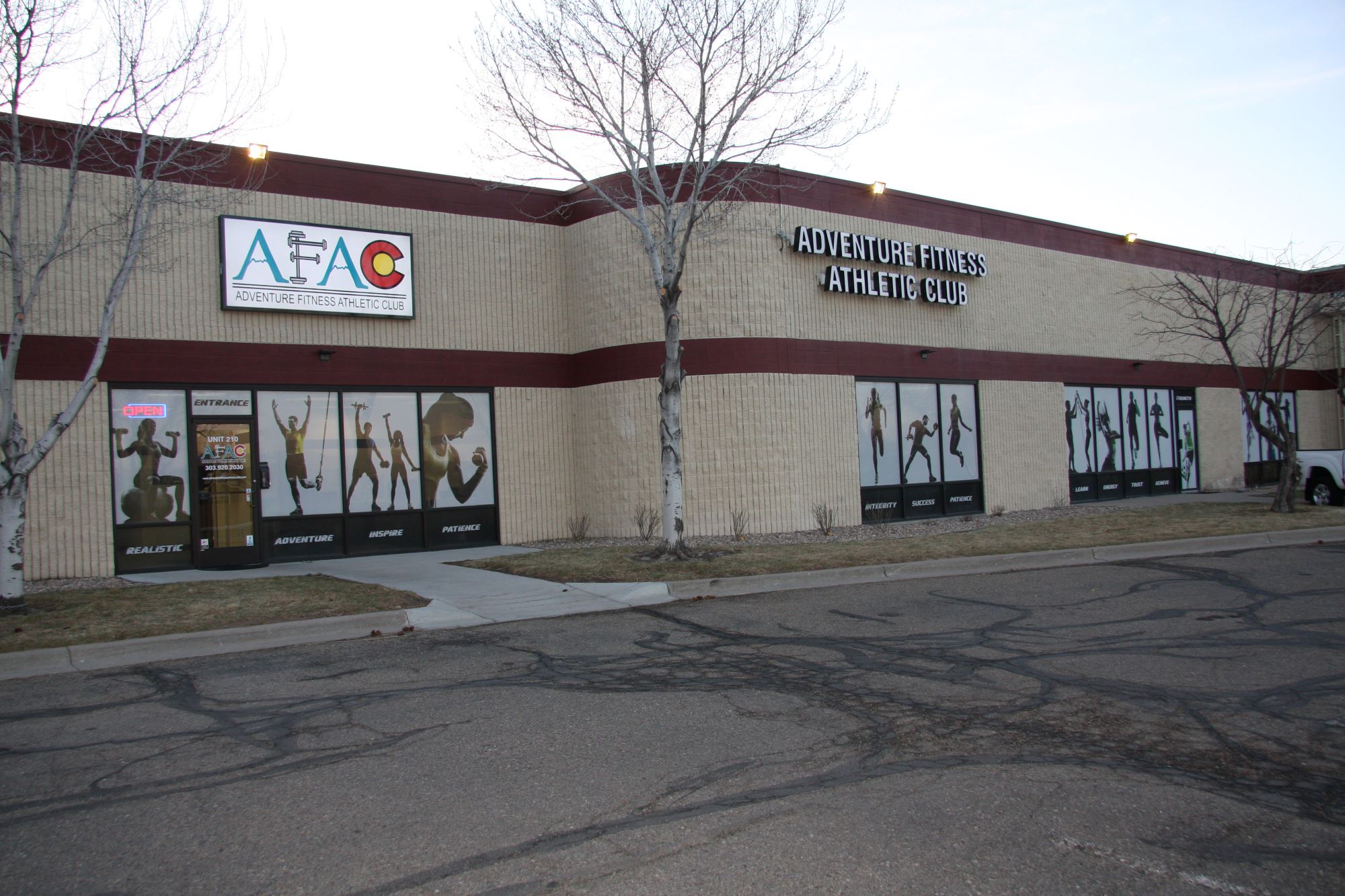Most of us know that a proper diet is essential for weight loss. To lose weight, you need to maintain a calorie deficit by eating fewer calories than you burn and exercise at the gym to torch extra calories. Plus, it helps to eat plenty of protein so that your body has what it needs to maintain and build metabolism-boosting muscle tissue after your strength training days at the gym.
One of the most debated topics when you’re trying to lose weight, however, is whether it’s better to eat before or after gym workouts. This is a particular focus for those who exercise first thing in the morning. In this blog, we’ll discuss everything you need to consider about eating before or after your workouts.
Do Fasted and Fed Workouts at the Gym Lead to Different Results?
When you work out, your body’s primary fuel sources are body fat and carbohydrates. Fat is stored in your fat tissue as triglycerides, while carbs are stored as glycogen in your muscles and liver. Carbs are also available in the form of blood sugar.
Fasted vs. Fed Workouts at the Gym
When you wake up first thing in the morning, your body’s carb and sugar supplies are low because you’ve been fasting all night. Many people do cardiovascular exercise first thing in the morning before eating anything because they believe their fasted state will force their body to burn fat, since its glycogen stores are minimal.
Anytime you exercise on an empty stomach, more of your body’s energy needs are met by the breakdown of your body fat. One study of 273 participants found that aerobic exercise performed in a fasted state burned more fat than exercise in a fed state. Glucose and insulin levels were also significantly higher for those who exercised in a fed state.
Does Fasted Exercising at the Gym Lead to a Greater Loss of Body Fat?
Since your body burns more fat for energy when you’re in a fasted state, that means you’ll experience greater weight loss over time, right?
One study showed that during fasted exercise, the ability of the body to burn fat and maintain blood sugar levels were improved compared to fed exercise. Due to this finding, some scientists believe that fasted exercises cause more beneficial changes to your body than fed exercise does.
Yet, in spite of this evidence, no strong data exists to show that fasted exercise leads to greater fat loss or weight loss. On the contrary, not only one, but two studies showed no difference in fat loss between women who exercised fasted vs. those who exercised after eating.
Therefore, while exercising fasted causes your body to use more of your stored fat for energy, there is no research that shows this translated into a greater loss of body fat or weight.
Does a Fasted State During Exercise at the Gym Affect Performance?
The second issue with exercising in a fasted state is whether this could negatively affect your performance at the gym, and whether lower performance could result in less weight loss over time. But is this true?
Not Eating Before Short-Duration Exercise at the Gym
Since many people at the gym wonder whether not eating before exercise could affect their performance, some research has been done to answer this question.
The majority of research has shown no difference in performance between those who ate before aerobic exercise lasting less than an hour and those who didn’t. Studies looking at high-intensity interval training (HIIT) also found no difference in performance between fasted and fed workouts.
As far as strength training, some research also shows that fasted and fed weightlifting workouts produce similar results.
For short duration exercise lasting less than an hour, why doesn’t there seem to be a benefit of eating beforehand? Experts speculate that it could be due to the body’s own stockpile of energy, since it stores about 2,000 calories as glycogen and a lot more in body fat. All that stored up energy allows you to exercise at the gym, even if you haven’t eaten for several hours.
Even so, a few studies have shown an improvement in performance when people consumed carbohydrates before exercising. A pre-workout snack can help some people concentrate, stay motivated, and fight off fatigue, leading to longer workouts and more burned calories. It does appear that eating prior to short-duration exercise does improve performance in certain individuals, so you should do whatever works best for you. If you’re counting calories to lose weight, there’s no reason to force yourself to eat before a workout if you’re more comfortable exercising on an empty stomach.
Eating Before Long-Duration Exercise at the Gym
Now that we’ve examined fasted and fed short duration (less than an hour) exercise at the gym, let’s look at how eating before long-duration exercise affects performance.
An analysis of exercise lasting longer than an hour found that 54% of studies showed better performance when food was consumed before workouts. Most of the studies that confirmed a benefit of eating before long-duration exercise included a pre-workout meal of mostly carbs. From these studies, it appears that eating slower-digesting carbs in the hours before exercise might benefit performance during workouts lasting more than 60 minutes.
While there have been some mixed results reported from studies, eating a meal three or more hours before long-duration exercise is probably beneficial, and there may be benefits to eating sooner before exercise.
If You Prefer Fasted Workouts at the Gym, Make Sure to Eat Afterward
While eating before a gym workout might be up to personal preference, if you favor fasted workouts, most experts agree that it’s important to eat after exercise. Research shows that eating certain nutrients post-exercise – especially protein – can help your body recover and build muscle.
Remember that if you exercise fasted, your body has fueled your gym workout with its own energy stores and there will be limited nutrients available for recovery. That’s why it’s especially important to eat something relatively soon after you work out. Studies have shown that eating a meal of protein and carbs after fasted exercise reduces the amount of protein breakdown in the body.
How Soon Should You Eat After Working Out at the Gym?
Eating after a fasted exercise is important, but you don’t necessarily have to eat the second after you’re done working out at the gym.
Eating Carbohydrates After Gym Workouts
In one study, researchers examined how well carbohydrate stores in muscle were restored after two hours of cycling. Some study participants ate immediately after exercise, while others waited two hours to eat. The study found that there was no difference in the recovery of carbohydrate stores over 8-24 hours after exercise, which indicates that it’s not critical to eat directly after exercise.
Eating Protein After Gym Workouts
Other research has examined the importance of eating protein after gym workouts, and while it’s definitely advantageous to eat protein after exercise, results have been mixed on exactly when you should eat it. Some studies have found that consuming protein immediately after exercise benefits muscle growth, while other studies show no negative effects of waiting several hours before eating protein.
Based on existing studies, most experts recommend that we should eat protein as soon as it’s feasible after working out. And, if you prefer fasted workouts, eating protein as soon as possible after exercise is important.
You Have the Freedom to Choose Fasted or Fed Workouts at AFAC Gym
After reviewing all available studies on fasted and fed workouts and weight loss, the most important factor seems to be personal preference and eating a well-balanced, calorie-controlled diet, regardless of timing. Eating before a workout at the gym is more important for those who perform workouts lasting more than an hour, but most active gym members can see great results whether they exercise fasted or fed.
Some people say that eating too soon before a workout can leave them feeling nauseous or sluggish, while others might feel weak and unmotivated if they don’t eat before they work out. Those who exercise first thing in the morning might not have time for their food to settle before they start exercising. If there will be little time between your meal and exercise, then it makes sense to keep your pre-workout meal small. In addition, it’s important to consume food full of lean protein, complex carbohydrates, and other beneficial nutrients before or after exercising at the gym.
And, if your goal is weight loss, it’s also vital that you maintain a calorie deficit by the end of the day, regardless of when you eat.
If you have more questions about fasted and fed workouts at the gym, feel free to talk to one of our personal trainers and they’ll be happy to share their knowledge. Our staff is here to assist and support you as you work to achieve your fitness goals.
To learn more about becoming a member of AFAC gym — the best gym in Thornton, Colorado — please stop by or give us a call anytime. We’ll be happy to assist you. You can also contact our gym owner, Susan, at 720-849-0245 or susan@adventurefitness.club for assistance.
